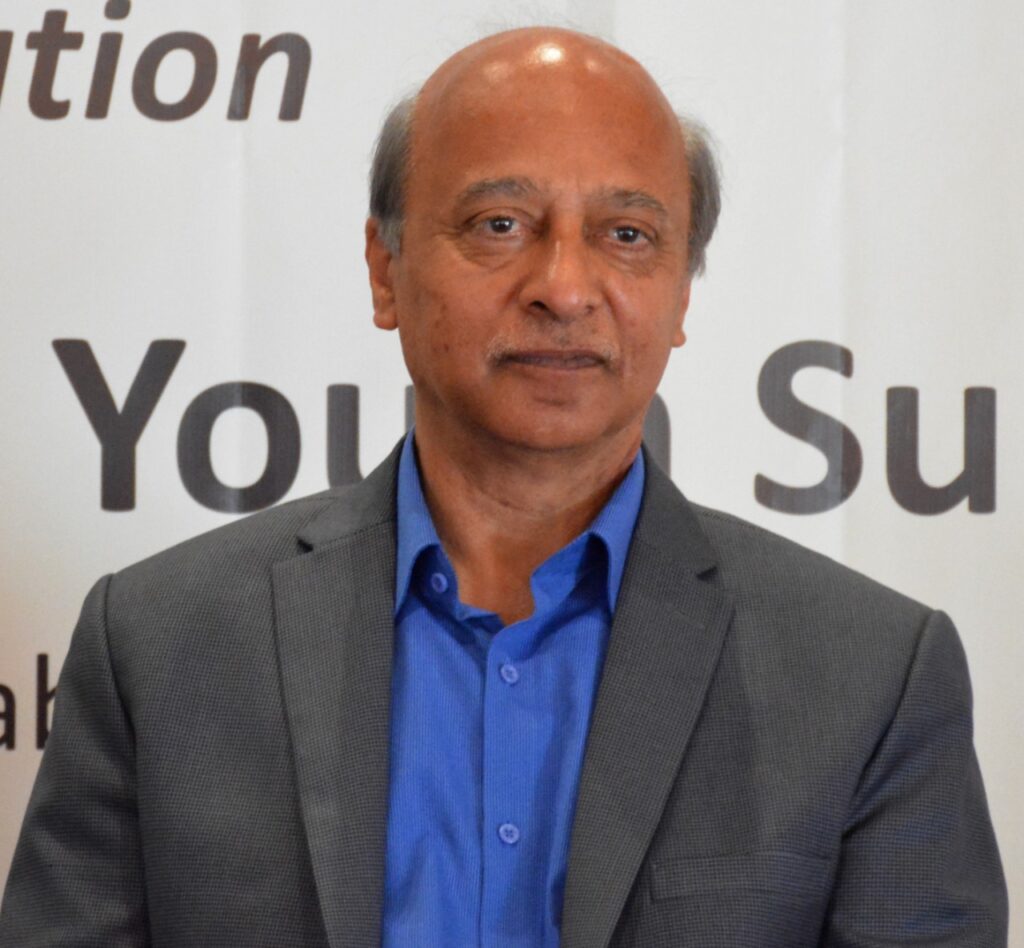Imtiaz Gul

When the 9/11 terror struck the United States nearly two decades ago, it embarked on a global manhunt for the perpetrators, resulting in slew of wars from western Asia to Africa (Afghanistan, Libya, Iraq, Somalia, Syria). When China’s 9/11 happened – the Kunming knife terror attacks in March 2014, it responded with a reinforced econo-politically inclusive development approach in Xinjiang on the back of the Belt and Road Initiative (BRI).

The latest white paper titled “Respecting and Protecting the Rights of All Ethnic Groups in Xinjiang , released in July by the State Council Information Office sheds considerable light on the economic and social dividends of a peoples’ welfare-centric development approach that Beijing has pushed with a relentless focus.
The paper lists “the right to life” as a fundamental guarantee by the state, which prompted the Xinjiang government to introduce two regulations as part of its peace and security regime;
a) the Measures on Implementing the Counter-Terrorism Law, and
b) the Regulations on Deradicalization.
Both regulations stem from two primary considerations; protection of all Chinese citizens , and “to strike hard at terrorist activities that infringe upon human rights and endanger public security, and at illegal and criminal activities that make use of extremism to undermine the law.”
The fact that Xinjiang has not seen a single terrorist incident since the end of 2016 is a testament to the success of the peace and development strategy.
The paper underlines the massive improvement in Citizen’s access to courts and the push for enforcing the rule of law regime. It is evident from the fact that with the help of technological tools (such as mobile e-court, cloud court trial, and smart enforcement of court rulings, filing of cases online remote court sessions, and online mediation) courts at various levels in Xinjiang heard 604,900 cases in 2020, and “concluded 587,400 of them, with a settlement rate of 97.1 percent.”
Quite astounding progress in the judicial system along with ever increasing representation of Xinjiang’s all ethnic groups at the national and provincial level. As many as 61 deputies represent Xinjiang in the 13th NPC, the paper says when explaining how much political liberties and chances of mobility do Xinjiang residents enjoy; 38 of MPs (62.3 percent) represent ethnic minority groups of the region. The NPC Standing Committee also has ethnic minority members from Xinjiang. Among the 548 deputies in 13th People’s Congress of Xinjiang Uygur Autonomous Region as many as 353 (64.4 percent) belong to various ethnic minority groups.
The authorities never lost sight of peoples’ economic welfare; the poverty alleviation and inclusive development, according to the White Paper, has seen Xinjiang’s GDP grow from RMB1.2 billion in1955 to RMB1.4 trillion in 2020. The per capita GDP of Xinjiang has as a result shot up from RMB241 to RMB53,593, in 65 years, reflection of a remarkable achievement.
No doubt that the autonomous region of Xinjiang has become a major beneficiary of Beijing’s inclusive policy political engagement and economic inclusion under President Xi Jinping – an enviable response to curbing terrorism and protecting citizens against all non-state actors.
Veronika S Saraswati, China Unit convenor at Jakarta-based think tank Center for Strategic and International Studies praised the Xinjiang authorities for their focus on education and skills’ development.
“China’s policies in Xinjiang to improve education and people’s working skills is appropriate,” Veronika said adding that this focus guarantees the long-term
economic stability which is the basis of a prosperous society and the wellbeing of people.
The people-centered philosophy of development has been the Chinese government’s focus since the founding of the Communist Party of China in 1921, and the performance has been really impressive in a region that has suffered from terrorism and separatism, which have nothing to do with religion but are pure political issues (regarding China’s sovereignty and security). China has done the right thing to tackle these problems,” said Saraswati.
It is quite evident that the responsibility for ensuring fundamental rights such as physical, food, health and employment falls on the government of the day. This is exactly the case in Xinjiang as well as the rest of China. The government has to make sure no body starves or remains deprived of basic facilities of life. This is what has happened in the vast region, which infrastructurally is way ahead of many of neighboring countries. This underlines taking care of the people in the Chinese way.



